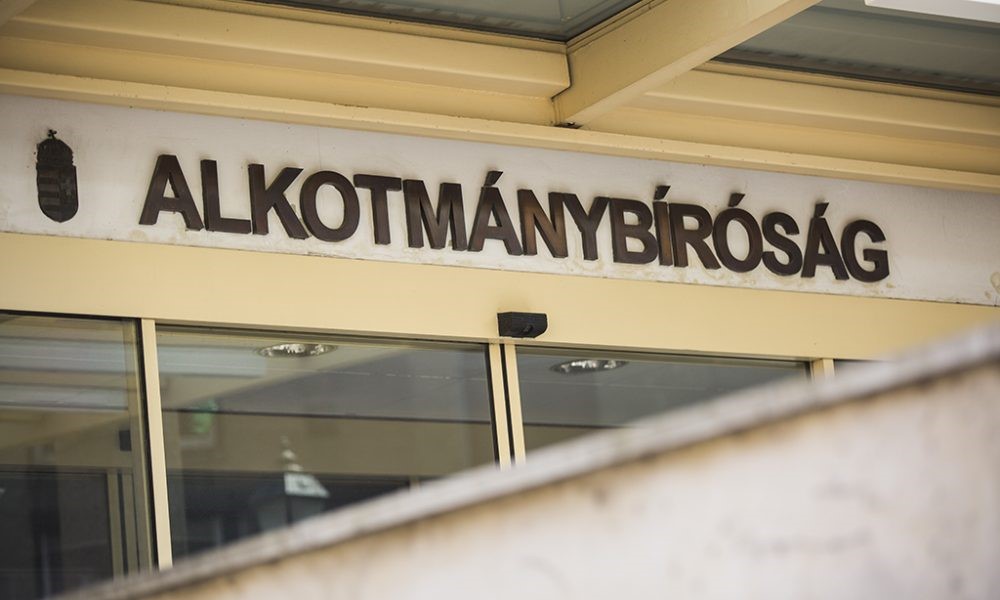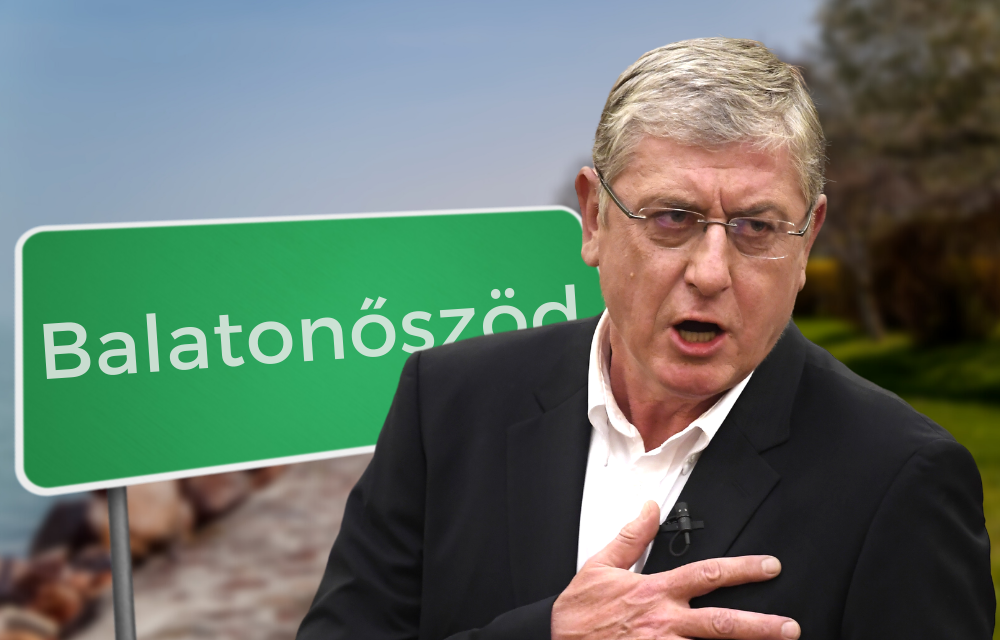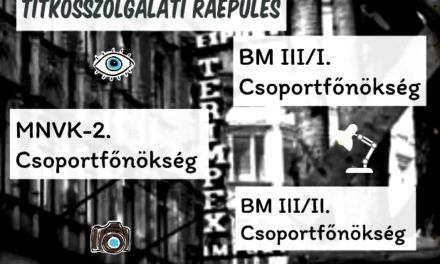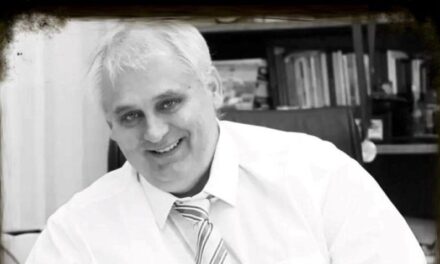The work of the Civil Justice Committee founded by CÖF-CÖKA (e.g. the analysis published on our portal by Tamás Fricz) basically presents the crimes committed during communism, which have not been investigated and thus remained without consequences, but about the most serious crime of the times after the regime change, the 2006 Gyurcsány terrorist attack they didn't forget me either. The analysis of constitutional lawyer Dr. Attila Magyar-Zsolnay presents the antecedents of the brutal police actions, the background of what happened then and the reasons for the lack of accountability.
Legal restrictions on the possibility of demonstrations after October 23, 2006
In connection with the responsibility for the events of 2006, we cannot forget that Ference Gyurcsány , the members of the Gyurcsány government, and the representatives of the parliamentary majority formed by the MSZP-SZDSZ who voted "yes" when voting for restrictive laws bear political responsibility for the introduction of the passive disobedience offense Government decree of 2007, as well as the 2008 law package named "Lex Draskovics" after the then Minister of Justice, criminalizing certain peaceful protester behaviors.
218/1999 on individual violations. (XII. 28.) amending Government Decree 32/2007. (III. 6.) § 3 of the government decree as a new offense, 40/A of the amended decree. § introduced the offense of "Disobedience to lawful measures", better known as passive disobedience. The new offense is committed by the person who disobeys the legal action of a professional member of the law enforcement agency. The perpetrator of the violation may be fined up to HUF fifty thousand. The procedure for the above violation falls under the jurisdiction of the police. Against the government decree introducing the above violation, as it considered it to be seriously unconstitutional on several points, the National Legal Defender Foundation requested a subsequent norm control from the Constitutional Court. Among other constitutional violations, the decree was contrary to Act XXXI of 1993. with the European Convention on Human Rights brought into legal force by law, according to Article 111 of which everyone has the right to peaceful assembly, and it can only be limited by law, but not by decree. It is also worrisome and contrary to the rule of law that the police are entitled to apply sanctions themselves against persons who passively resist an act they believe to be legal.
, the Minister of Justice of the Gyurcsány government, Tibor Draskovics , submitted the Law LXXIX of 2008 on certain amendments to the law necessary for the functioning of the judiciary. draft law, which amended a number of existing laws, including the law on criminal, criminal procedure, misdemeanor and civil procedure. According to the Minister's reasoning, the reason for the regulation was to provide legal consequences for the perpetrators of the recently experienced illegal acts affecting the right of assembly and other fundamental rights, which are suitable for curbing illegal behavior. The ombudsman also highlighted that, prior to the creation of the package of laws, the legislator did not strive for a broad social consensus, and did not take into account the arguments against it. Only a few of the provisions of Draskovics' package of laws - including the sanctioning of throwing eggs, tomatoes and other objects harmless to bodily integrity as disorderly conduct - were considered legally worrisome. The legislative amendment package entered into force on February 1, 2009, and the next day, the National Legal Defender Foundation submitted a request for subsequent norm control at the Constitutional Court against several provisions of the law. The above petitions of the NJA were not discussed by the Constitutional Court until January 1, 2012, so, similar to passive disobedience, based on the provision of the new Constitutional Court Act, the procedure initiated with the petition was terminated by operation of law.

Photo: Gyula Péter Horváth/PestiSrácok.hu
Political responsibility in relation to the events of 2006 in general
The prime minister's legal responsibility cannot be clearly established because the content of the instructions given by him cannot be clarified based on the evidence available to the subcommittee , and there are no records of them either with the government or the police. Thus, the subcommittee was able to establish that the Prime Minister was not aware of his or his government's powers, and in at least one case, it was proven that he exceeded the legal limits governing him. It is also clear that, in view of the other circumstances, it is precisely the bypassing of the guarantee rules of the right of instruction through the minister that gives rise to justified and logical, but clearly unprovable, assumptions.
The government and Ferenc Gyurcsány had a basic interest in having something happen in the week remaining until the municipal elections, which would push the trauma of Öszöd into the background. The violent riots that occurred during the TV siege, the clear provocation on September 18, 2006, i.e. the empty police car left open with weapons loaded with ammunition, provided an opportunity.
It can therefore be reasonably assumed that Gyurcsány's goal with the harsh police action, in addition to clearly restraining the population from gathering, was to win the local government elections by presenting himself as the prime minister who saved the country from riots and the violent opposition coup attempt, forgetting about the Öszöd speech that was unpleasant for him, and winning out of the 2006 municipal elections. The victory was partially successful, because the mayor of Budapest, Gábor Demszky, was re-elected against István Tarlós, who ran against him for the first time.
the "rewarding" of his mother-in-law and her brother Pirosk Apró and the younger Antal Apró Klára Dobrev's ancestors can still see the 1956 revolution and freedom struggle as a counter-revolution, they are proud of Antal Apró, who was at the forefront of the reprisals following the 1956 revolution, and they were certainly happy to spoil the fiftieth anniversary.
On August 27, 2021, at an election forum in Szeged, Ferenc Gyurcsány The president of DK said that "the left has lost all its naivety and good faith towards Fidesz". The main person responsible for the 2006 television siege and police violations directly accuses Fidesz of an attempted coup in connection with 2006, while his political, public law, and possibly existing, although unprovable, criminal liability is greatest in connection with 2006.
On October 23, 2006, on the 15th anniversary of the events, Gyurcsány wrote in a confusing blog post that "noble rebellion met illegal and legal violence in the fall of 2006." According to the former prime minister, "illegal violence" was used by the violent protesters, "legal violence" by the police. What was, according to Gyurcsány, a "noble rebellion" is shrouded in obscurity. The president of the DK spoke about "innocent and harmful demonstrators, arson-setting hooligans, attacked police officers", but at the same time he felt that he did not need to apologize for his own actions on October 23, 2006.
What needs to be pointed out is that Gyurcsány regularly accuses Viktor Orbán and Fidesz of illegal, anti-democratic acts that he himself is about to commit. If appropriate, the former prime minister is preparing for violent demonstrations and street riots in the event of his election defeat, and in the event of an election victory, to break up the demonstrations with methods similar to those in 2006. In the latter case , special attention must be paid to the protection of our Basic Law and the Constitutional Court!
Author: Attila Magyar-Zsolnay, constitutional lawyer
The full scope of the study can be read here : Gyurcsány's responsibility in connection with the events of 2006
(Cover image: Point of View Institute)












